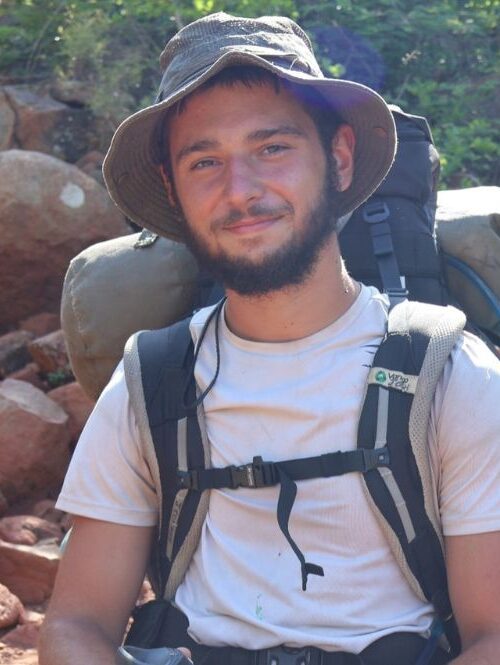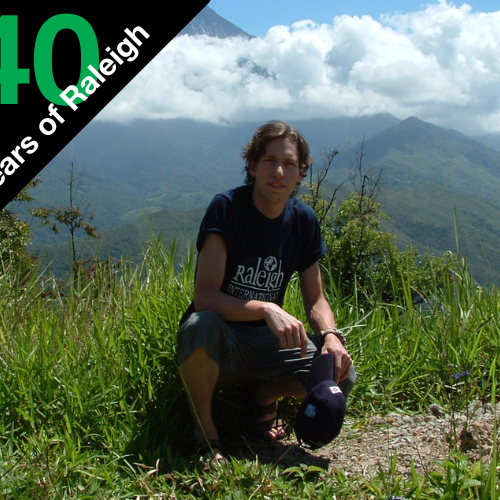From Seed to Sell: Introducing the School Business Club in Udumuka
Home | Venturer Stories |
I am UK volunteer currently on a Raleigh ICS Livelihoods project working in rural Tanzania on a youth-focussed entrepreneurship course. This project has ignited a new passion inside of me as to how I can use my ICS experience and newly discovered ability to teach business to share my learning with youth members at home. The project we are implementing in Udumuka, rural Iringa, is centred around the primary school where we conduct all our entrepreneurship lessons. This has allowed me to observe the school’s dynamics and to build a relationship with the school’s pupils and teachers. School life has always been close to me with my mother being a teacher at Spilsby Primary School, Lincolnshire. In terms of school composition, lesson structure and size they are very similar. The observable differences come from the obvious absence in technology, electricity but also in extracurricular activities.
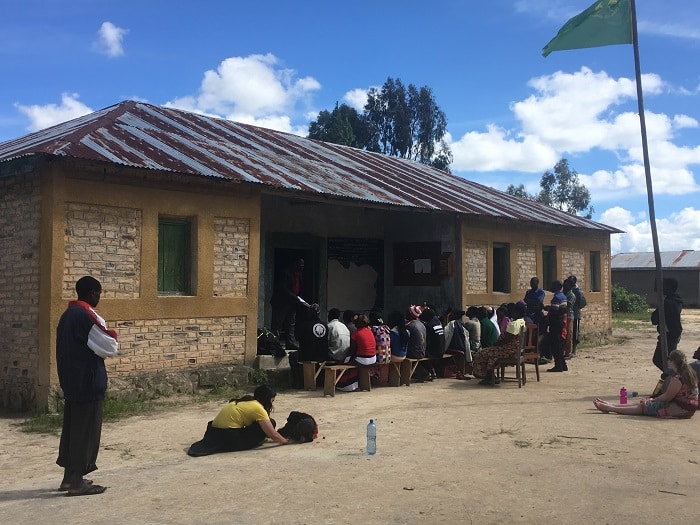
We regularly see the pupils in Udumuka as young as six hauling large logs and bundles of wood, carrying buckets of water and maintaining the school environment using sweeping branches, hoes and foot long machetes. After interviewing a local teacher, we discovered this is common practice in Tanzania. The children are expected to maintain the community environment as well as assisting the teachers in their domestic requirements. Despite the conscious effort to maintain the surroundings, plastic pollution is clearly visible in the community and is widely ignored due to the lack of disposal facilities and knowledge of the possible impacts.
“The aim of the pupil’s extracurricular activities is to understand the importance of community involvement, enhance their everyday village skillset and knowledge as well as showing the necessity of respect for the elders from a young age.” – Festo Msofu, teacher at Udumuka Primary School.
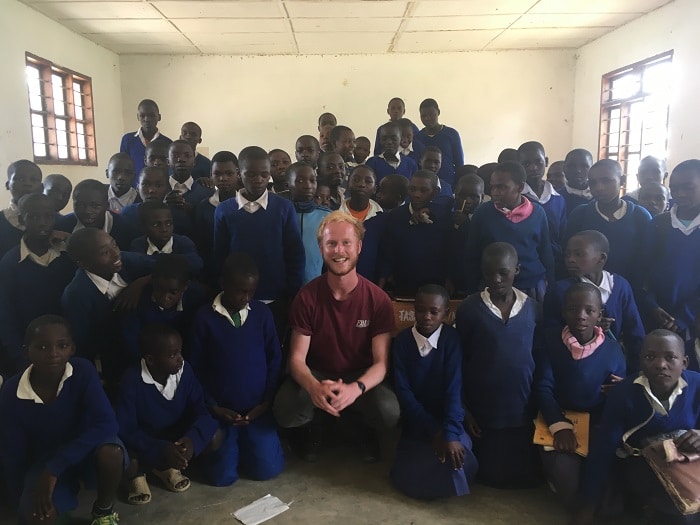
The students will be able to witness a value chain from seed to sell, bringing business alive for them
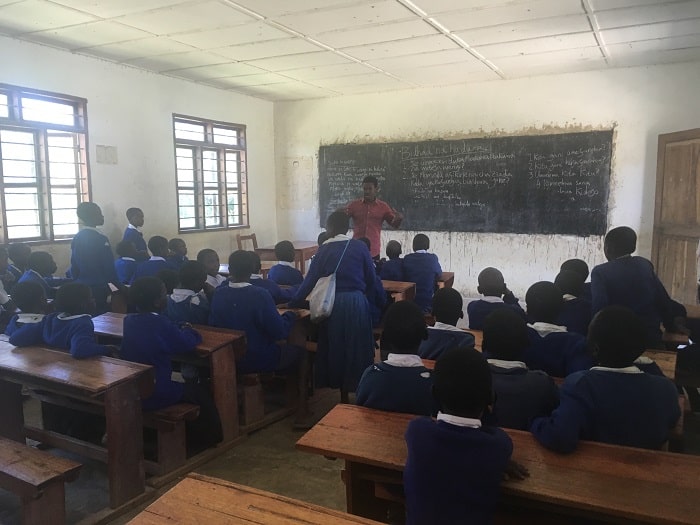
This year the school introduced a farming project for school years 3-7 with the vision to create a self-sustaining food resource for the school’s pupils. The activities include; digging, seeding, weeding and harvesting the crops. The pupils benefit from learning the necessary skills and duties involved for living in a rural agricultural community. One focus of Raleigh’s vision is to keep the youth in the community rather than leave for work in the bigger towns and cities. The farm project educates the possibilities of agriculture and the financial prospects which could be a result of the market. Therefore, the prospect of this project is really exciting for Raleigh to build on. By working in collaboration with the school, we have set up a business club for Year 6 where we teach the basics of business in a fun and interactive way, consistently linking our entrepreneurship course material to the idea of an agri-business from the produce of their farm. The students will be able to witness a value chain from seed to sell bringing business alive for them. The knowledge they gain from this idea will be fully transferrable to any business ideas they may aspire to start in the future following their education.
In line with Raleigh’s sustainability goals we have recruited a school teacher to continue the business club course on a yearly basis for Year 6’s.
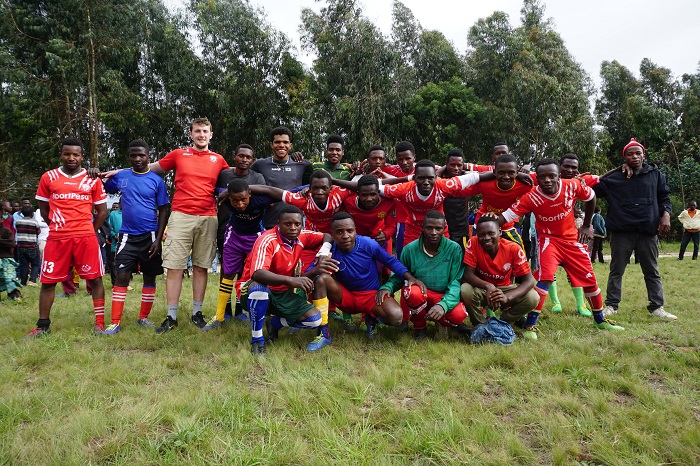
By creating a 10-week course curriculum in lesson plans and training the teacher on our entrepreneurship course to enhance understanding, we have laid the foundation of future youth development.
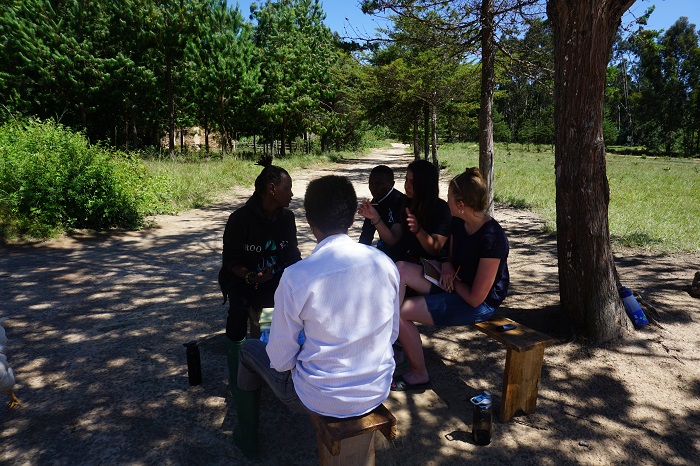
Witnessing first-hand the potential benefits and impact of business and finance training from a young age has really inspired me. It has given me the motivation to take my own developed business knowledge back to the children of Spilsby and other schools in the surrounding area as part of my Raleigh Action at Home. Using Spilsby’s facilities and experience in implementing interactive and effective extracurricular activities, I can improve the students’ business knowledge through my learnings from working in a similar school in Tanzania.
Images by volunteers in Udumuka. Words by Jamie. Contributed to by Team Leader Alastair Browning. Edited by communications officer Rebbie Webb.
